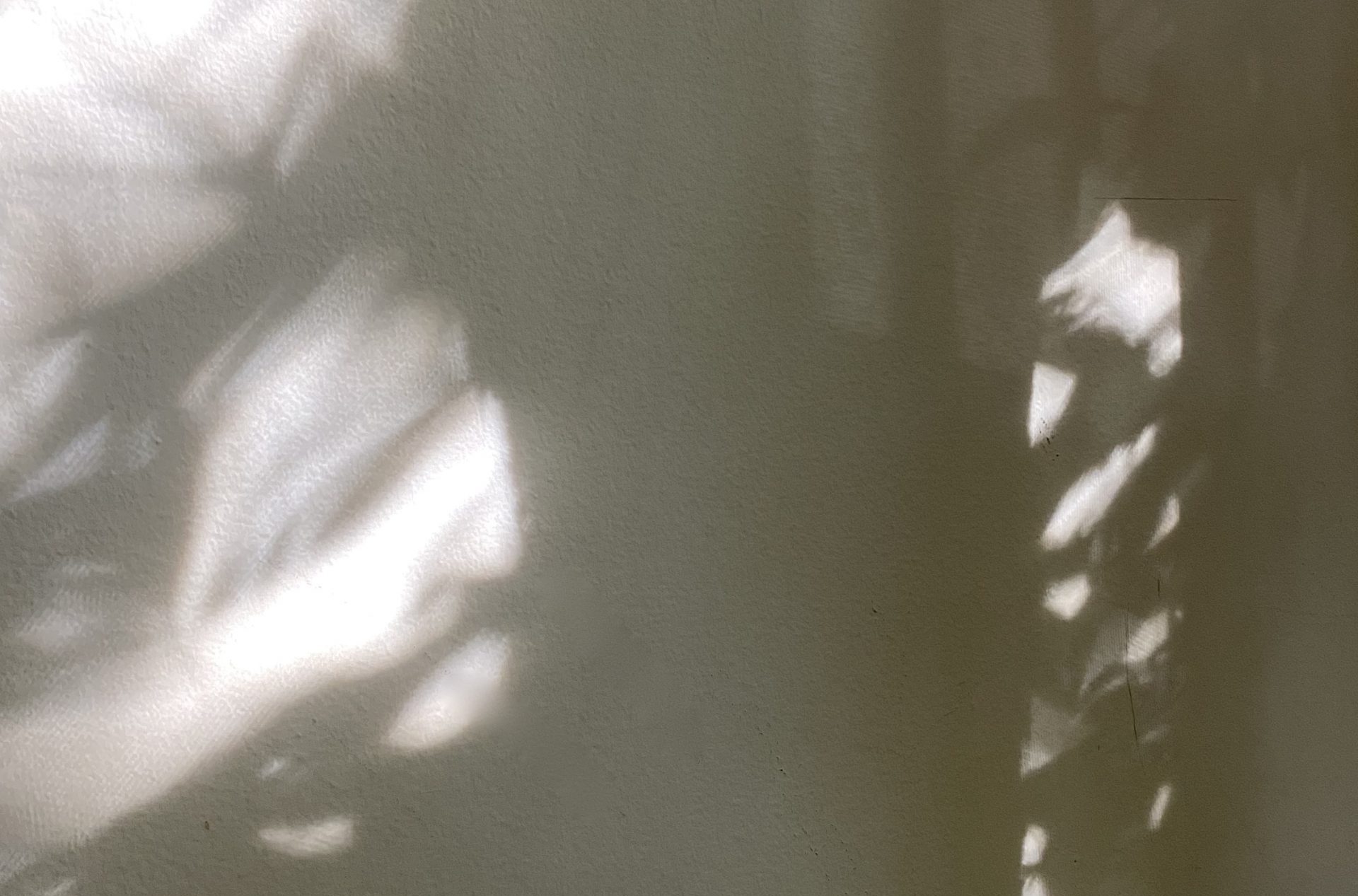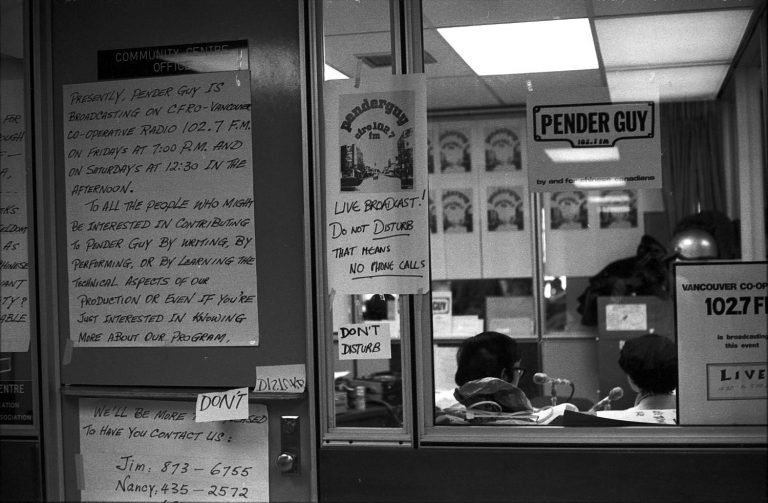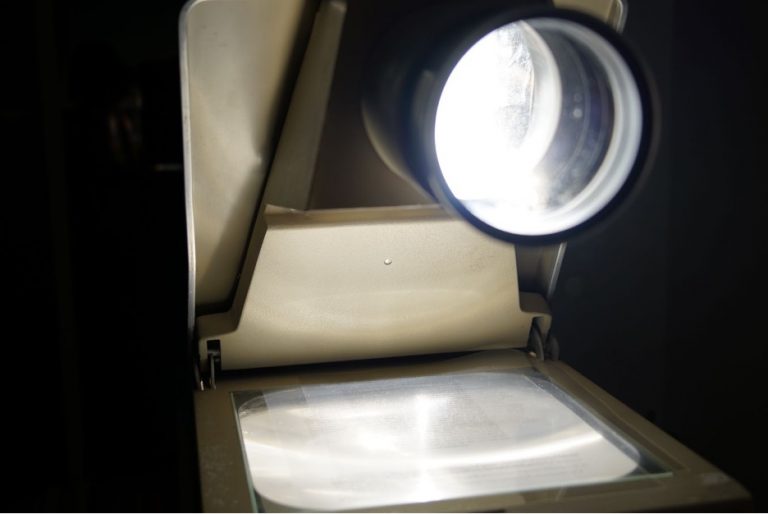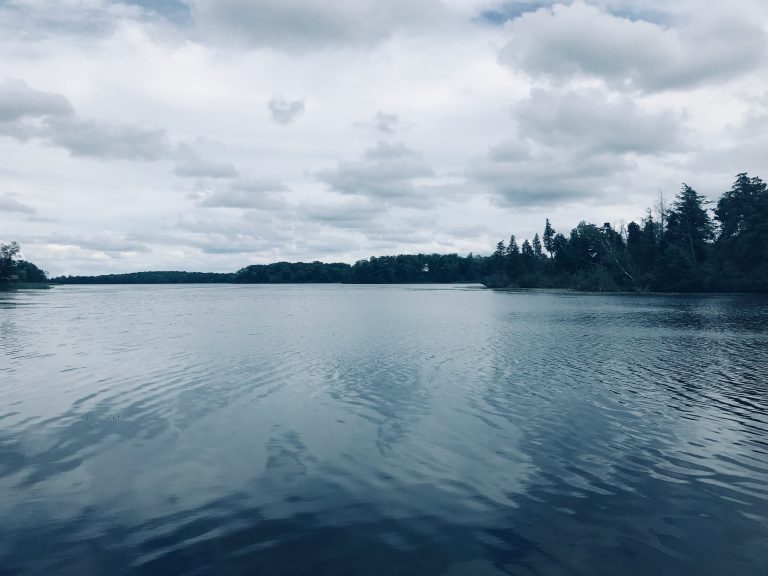Rinaldo Walcott claims we’re living in “a pale shadow of what human life can be.” Over the last while I’ve been thinking a lot about this shadow while thinking through possible prospects of what an ethical, equitable, and/or relational future might look like. “Future Horizons: A Pale Shadow of What Life Could Be” is a […]
Joseph Shea-Carter: A Pale Shadow of What Life Could Be

Rinaldo Walcott claims we’re living in “a pale shadow of what human life can be.” Over the last while I’ve been thinking a lot about this shadow while thinking through possible prospects of what an ethical, equitable, and/or relational future might look like.
“Future Horizons: A Pale Shadow of What Life Could Be” is a mix that begins to reflect on the imposition of the present alongside potential future horizons. It features attenuated samples from Rebecca Solnit, Florence Delay (Chris Marker), David Wojnarowicz, Leanne Simpson, and Kim TallBear. It also features some complimentary (if evocative) music and field recordings.
@jsheacarter
Track listing:
Simon Fisher Turner – The Invisible Frame
Saba Alizadeh – Colors Wove Me In Tehran
Ricardo Donoso – Dance of Attunement
*Field recordings sampled from GodSpeed You! Black Emporer’s “A Military Alphabet”
Sampled material (in order of appearance):
Rebecca Solnit, “If Gardens are the Answer What is the Question?”
David Wojnarowicz, Cross Country
Rinaldo Walcott, “On Imagining a Better World”
Kim TallBear, “A Sharpening of the Already Present: Settler Apocalypse 2020”
Joseph Shea-Carter is a PhD student at the University of Guelph who focuses on contemporary decolonial expression, thought, and practice within North American sociopolitical contexts. They are especially interested in experimental poetry and forms of media that challenge settler-colonial histories circulated within mainstream Canadian culture. In a more general sense, their work gravitates towards highlighting creative writers, musicians, filmmakers, and activists who undermine the cultural or political narratives underlying the environmental, urban, and institutional conditions that adversely impact modern-day living conditions in Canada.



